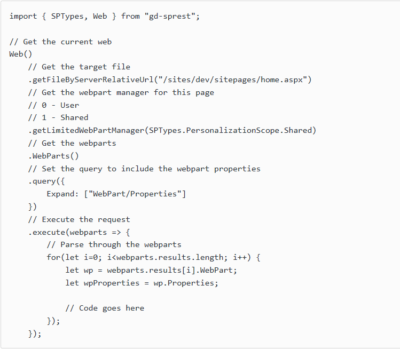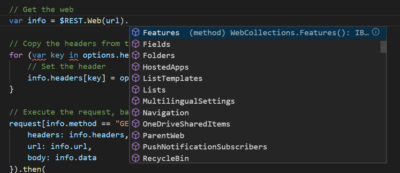


Sprint Zero Considered Harmful!

Azure Key Vault and Transparent Data Encryption

How to Maximize the Value of Your Planning Session

Get WebPart Information using REST

Using B2C to support multi-tenant SaaS apps

The Soul of Innovation

Creating Words Cloud For Sentiment Analysis With Azure Cognitive Services Text Analytics

Connect to SharePoint using NodeJS


 Light
Light Dark
Dark